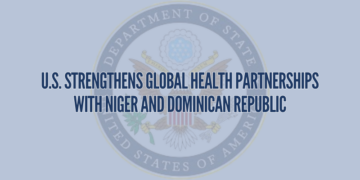According to mobility data published on Friday, May 23rd, African applicants lost a total of $67.5 million in non-refundable fees from Schengen visa rejections in 2024. Several African countries, including Nigeria, Ghana, and Senegal, experienced visa rejection rates between 40 and 50 percent. The standard Schengen visa fee of €90 is non-refundable, contributing significantly to the financial losses for applicants.
The Schengen Area, comprising 29 European countries, requires visa applicants to demonstrate financial means and intent to return to their home countries. Nigeria alone recorded over 50,000 rejected visa applications in 2024, resulting in more than $5 million in lost fees. United Nations migration data indicates an increase in outbound mobility from Africa; however, visa restrictions continue to limit legitimate travel.
Research from the Centre for European Reform suggests that visa denials are often influenced by broader European Union (EU) policies. The “visa leverage mechanism” ties visa access to African countries’ cooperation on migrant readmission, raising concerns about potential systemic bias. Despite strict application requirements, there is limited evidence that high visa denial rates effectively reduce overstaying. Overstaying is infrequently mentioned in official European migration reports.
New tools such as the EU Entry/Exit System are being implemented to automate visa tracking, yet the visa approval process remains largely opaque and inflexible. High-profile African professionals, including researchers and artists, have reported sudden visa denials despite verified sponsorships and consistent travel histories.
Data shows that Africa accounted for 42% of the total rejected visa fee revenue in 2024, representing only 24% of all Schengen visa applications. Proposed changes include lowering visa fees, increasing transparency in decision-making, and establishing fairer access procedures. Comparisons with Organisation for Economic Co-operation and Development (OECD) visa policies reveal that applicants from low-income countries face higher financial barriers within the Schengen framework.
Reform advocates emphasize the need to separate migration enforcement policies from short-term visa access to ensure equitable treatment and support legitimate mobility.










